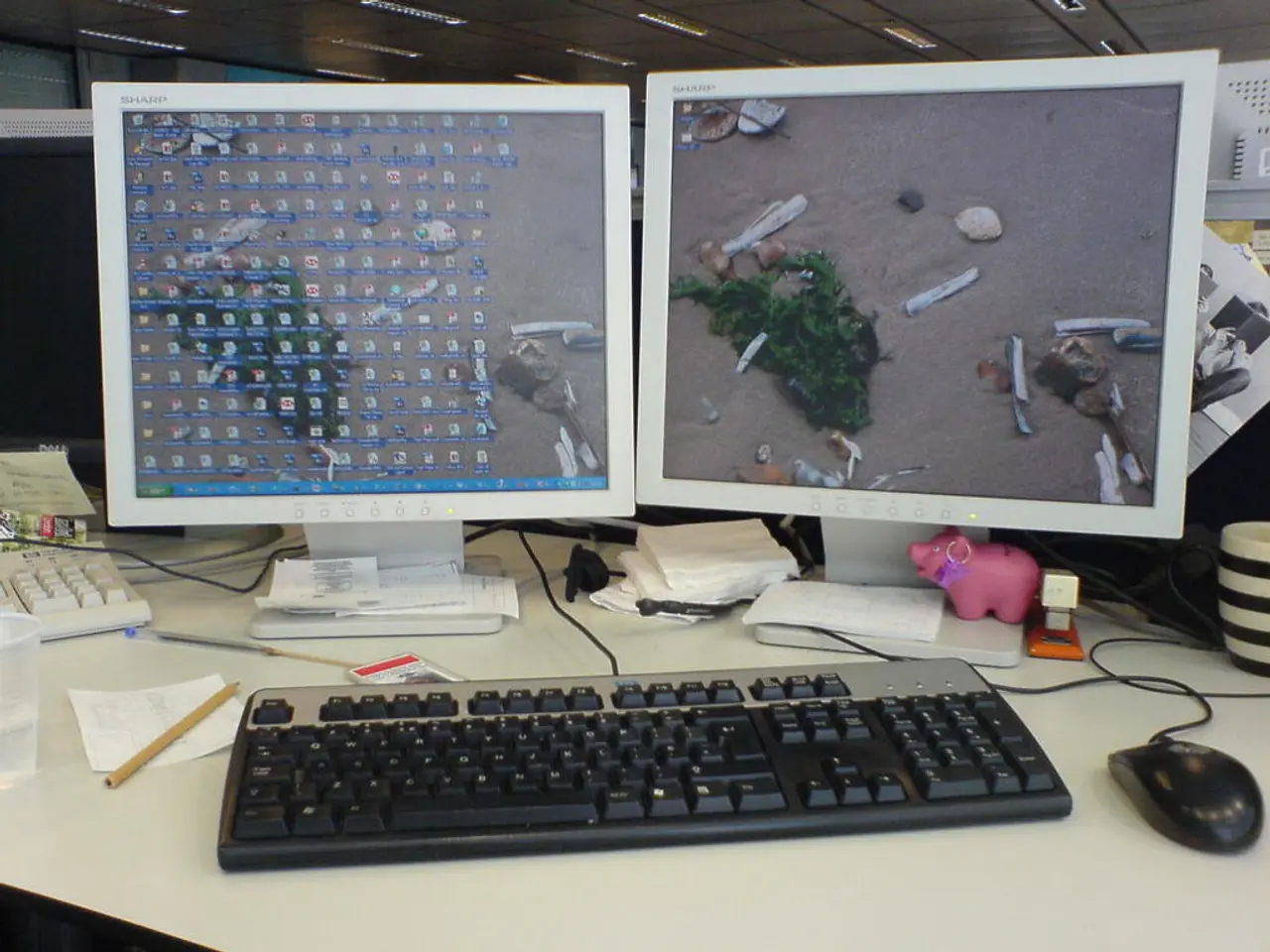Scientists Turn to Crowdfunding to Save Vital Malaria Research Database
In an unusual move, scientists have been forced to turn to fundraising campaigns to preserve vital data, as public funding uncertainties and budget constraints threaten essential life-science databases. A gene database, crucial for malaria research, was on the brink of closure but has now introduced a paid subscription model to secure its future.
Molecular biologist David Roos from the University of Pennsylvania recently found himself in the unprecedented position of having to fundraise to save a gene database that is vital for malaria research. The database, which houses crucial genetic information about the deadly disease, was at risk of shutting down due to funding uncertainties.
The threat to such databases is not isolated. Scientists worldwide are warning of a potential decline in biological databases due to long-term public funding uncertainties, particularly in the USA, and budget limitations at the federal level in Switzerland. These funding issues jeopardize stable investments necessary to maintain these essential life-science data resources.
In response to these funding challenges, the gene database has introduced a 'voluntary paid model' for its future. While this model ensures the database's survival, it also raises questions about the accessibility of such vital data in the long term. Scientists continue to advocate for stable public funding to safeguard these crucial resources.






